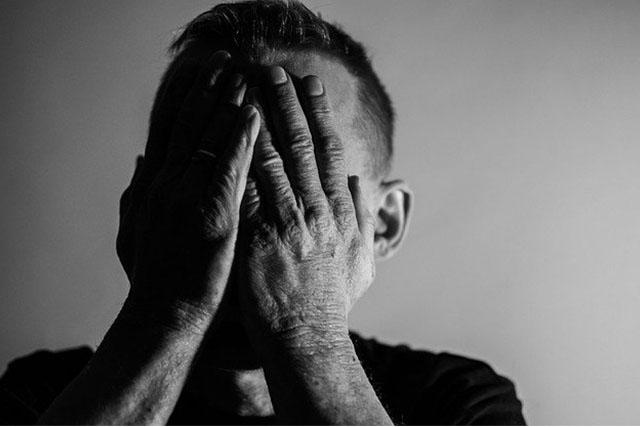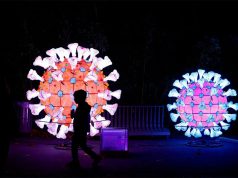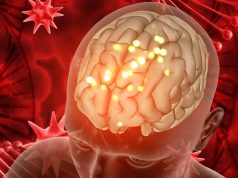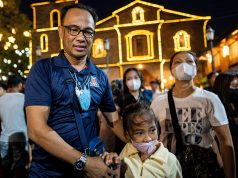
Filipinos reiterated the importance of listening to health and medical professionals after the passing of a Ukrainian fitness influencer who previously refused to believe in the coronavirus disease.
He died of complications from COVID-19.
33-year-old Dmitriy Stuzhuk recently lost his life after he tested positive for the virus which he reportedly contracted on a trip to Turkey.
“I also thought that there was no COVID, and this is all relative. Until [I] got sick,” he said in a translated Instagram post, where he has over one million followers.
Stuzhuk on October 15 shared an update about his condition wherein he said that it is “not ephemeral” or short-lived and that it is “heavy.”
He was treated in Ukraine where he was hospitalized for eight days but he appealed to be treated at home due to the hospital’s overcapacity status.
After a few hours, the influencer was rushed back due to heart complications.
Stuzhuk’s ex-wife, Sofia Stuzhuk, said that he had “problems with his cardiovascular system.”
The influencer was survived by Sofia and their three young kids.
RELATED: Fitness influencer who didn’t believe COVID-19 exists dies of it
Meanwhile, Filipinos who read the news alerted the public about the importance of believing in science and health professionals following the incident.
“Guys, this is why we listen to our healthcare professionals… To prevent situations like this from happening.
#COVID19 #listentohealthcareprofessionals,” a Twitter user claiming to an aspiring physician wrote.
“And that’s why folks, you should listen to science!!” another online user exclaimed in response to the report.
“For those who (do) not believe COVID-19 doesn’t exist… try to read this …young and healthy but passed away…COVID-19 is not a joke. Say safe always,” a Facebook user wrote in the comments section of the post.
The case of skeptics
Skepticism on COVID-19 may stem from denial or rationalization, according to an expert who has over 30 years of experience in his profession.
Psychologist Mark Whitmore, an associate professor at Kent State University, said that denial “is a way for people to defend themselves against anxiety.”

“When they’re in periods where there’s a lot of anxiety and it’s perceived as a threat, then people develop strategies to protect themselves, their sense of security and safety. And one of these is simply to deny whatever the threatening source is exists,” he told CNN Health.
Whitmore explained that this denial could be in the form of such a mindset: “Well the epidemic is a hoax. It doesn’t really exist.”
“Whether you react to situations with stress and anxiety or you react more positively by figuring out how to deal with them has to do with your sense of control over those situations,” he added.
The psychologist described the behavior of denial as “maladaptive” or something that does not help the individual adapt to the source of the threat.
“It can actually expose them to an even greater chance of whatever that threatening thing is. In the case of the pandemic, you could become ill because if you’re in denial, you’re rationalizing the severity of the situation. Then you probably won’t take the proper necessary precautions to protect yourself,” he said.
Rationalization, the psychologist explained, is another instance when people attempt to “explain away or diminish the threat of the source of anxiety.”
Whitmore said that while they believe in the existence of COVID-19, they would attempt to downplay its risk and say that “it’s not as severe as everybody is saying.”
He explained that such behavior is developed in one’s younger years, where children are taught by their parents or guardians to face decisions “with belief or faith” instead of facts.
“When adults have been raised in an environment where unfounded beliefs were a part of their upbringing, they are much more likely to believe in conspiracy theories and hoaxes. They also tend to make decisions based on hunches and preconceived ideas and biases as opposed to using factual information,” Whitmore said.









